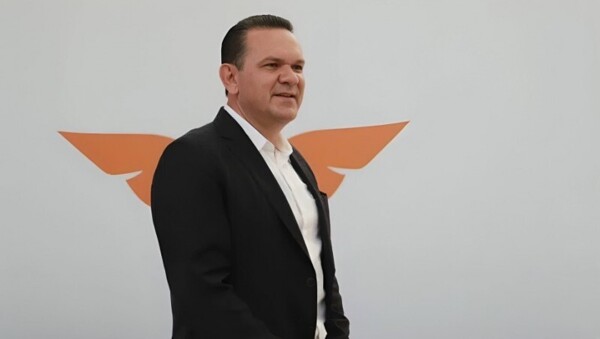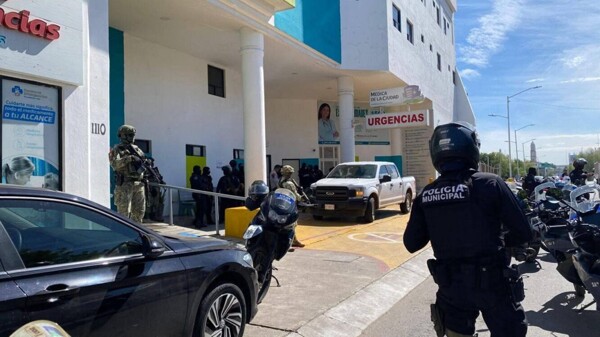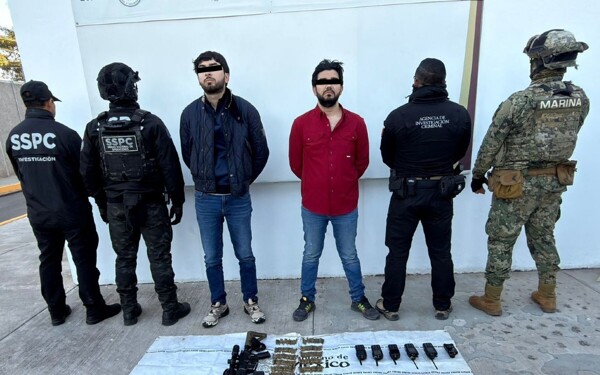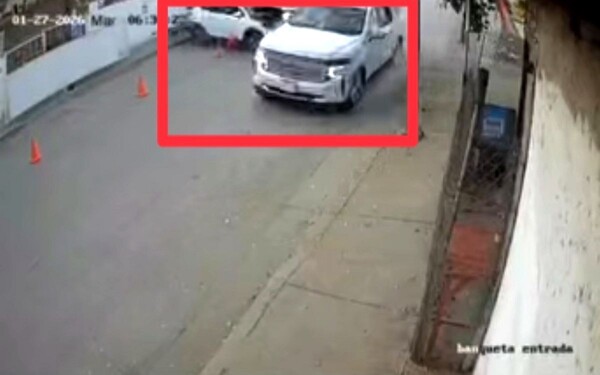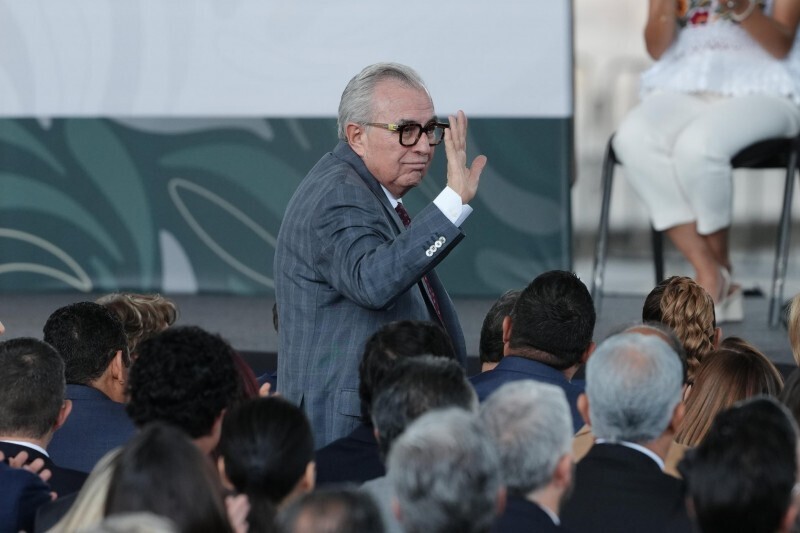
The governor of Sinaloa, Rubén Rocha Moya, is currently working on the pacification of the region, although he faces death threats from factions of the Sinaloa Cartel. There is hope that the Chapitos, one of the cartel factions, can gain control. However, since 2024, Rocha's security has experienced a notable change due to the war among different cartel factions, which has led the governor to appear visibly desperate.
Last Thursday, the precarious situation of the governor was confirmed when the mayor of Matamoros, Alberto Granados, was detained while attempting to enter the United States through the Brownsville, Texas border. Although he was released after being interrogated by several U.S. agencies, such as the DEA, the Department of Homeland Security, and the FBI, the news triggered concern for Governor Américo Villarreal.
During Granados' interrogation, several relevant names in the political and criminal sphere came to light, including that of Rubén Rocha Moya, who received funding from Villarreal for his gubernatorial campaign. Rocha's closeness to the Tamaulipas administration was also mentioned, especially through the case of María del Rocío Jocelyn Hernández Jiménez, a former official and collaborator of Villarreal.
In light of the difficult situation, Rocha warned his family members, collaborators, and other local politicians to avoid crossing the border into the United States, even for everyday activities like buying clothes. Hernández Jiménez's testimony has been key in an ongoing judicial case in the United States against several political and criminal figures, including those mentioned during Granados' interrogation.
In this tense context, Rocha has taken drastic measures, such as prohibiting travel to Los Angeles, California, for his close associates. The situation in Sinaloa remains complicated, with constant challenges both in security and politics amid the power struggle between different factions of the Sinaloa Cartel.











